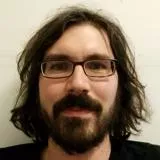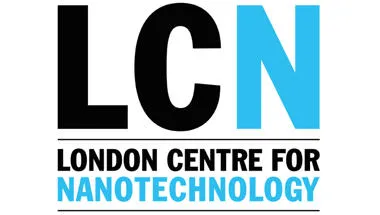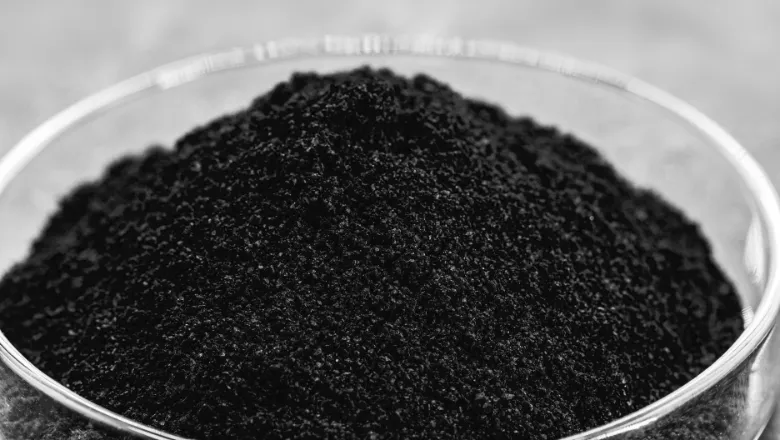
Dr Andrew Surman
Senior Lecturer in Chemical Biology
- UG Year 3 Lead
- Enterprise and Engagement Lead
- Nano-scale and Extended Systems Module Lead
- Research Methods Literature Review Module Lead
Research interests
- Chemistry
Contact details
Biography
Dr Andrew Surman is Senior Lecturer in Chemical Biology in the Department of Chemistry at King's College London.
He obtained his first degree in Chemistry from King’s College, London, and enjoyed his Y4 research project in Supramolecular Chemistry so much he decided to pursue a PhD. This focussed on ‘smart’ contrast agents for medical imaging, using specific molecular recognition of molecules and surfaces (w/Prof Ramon Vilar, ICIQ/Catalan Institute of Chemical Research and Imperial College London).
After this, he spent ca. three years in industry at Plaxica, a company set up to establish new industrial methods for producing ‘next generation’ recyclable plastics from renewable resources. Here he worked across most aspects of Plaxica’s biomass to plastic route (catalysis, biocatalysis, separation science) and led a range of teams.
After a brief period working on self-assembled nanostructures at the University of Puerto Rico, he moved to another postdoc position (w/Prof Cronin, University of Glasgow) working on a wide variety of projects, encompassing analytical, nanoscale, inorganic, and organic chemistry. Then Andrew returned to King’s new Chemistry Department as a Lecturer, with the Surman Lab beginning research in late 2019.
Research Interests
- Supramolecular Chemistry
- Analytical Chemistry
- Nanomaterials
- Catalysis and Reaction Control
- Systems Chemistry; Biopolymers
Teaching
- UG 2nd Year Labs
- Nano-scale & Extended Systems
- Advanced Topics in Chemistry 1
- UG Research Methods Literature Review
- MSCi Research Project & Dissertation
- MRES Research Project in Interdisciplinary Chemistry
- MRES Expanding the Frontiers of Chemistry
Research profile
For more information on Dr Surman's research please see his Research Portal page
The Surman Group
Postgraduate Researchers:
- Esme Shepherd
- Shujie Li
The Surman Lab have broad interests, centring on Supramolecular Chemistry, Analytical Chemistry, Nanomaterials, Systems Chemistry. We also have an affinity for extremely heterogenous systems (horrible messes), and a fondness for getting machines to do the work (automation in the lab and in data handling). We are applying our skills to solve both practical problems (probing heterogenous industrial nanomaterials, catalysis, environmental & medical analyses, nanoscale drug delivery, sustainable chemistry) and more fundamental questions (e.g. the nature of heterogenous biopolymers like melanin, the Origin of Life, and Supramolecular reaction control).”
Visit the Surman Group website to find out more.
Research

London Centre for Nanotechnology
The London Centre for Nanotechnology is a UK-based multidisciplinary enterprise operating at the forefront of science and technology. Its purpose is to solve global problems in information processing, healthcare, energy and the environment through the application of nanoscience and nanotechnology.

Safe and sustainable diets for a healthy body and mind (SSuDs)
This Research Interest Group on Safe and Sustainable Diets for a Healthy Body And Mind provides a unique opportunity for the King’s research community to address the challenges of safe and sustainable diets across a range of health outcomes
News
New quality control for 'wonder material' graphene oxide is cheapest and fastest yet
The new method could help accelerate the transition of the technology from the lab to everyday use.

Research

London Centre for Nanotechnology
The London Centre for Nanotechnology is a UK-based multidisciplinary enterprise operating at the forefront of science and technology. Its purpose is to solve global problems in information processing, healthcare, energy and the environment through the application of nanoscience and nanotechnology.

Safe and sustainable diets for a healthy body and mind (SSuDs)
This Research Interest Group on Safe and Sustainable Diets for a Healthy Body And Mind provides a unique opportunity for the King’s research community to address the challenges of safe and sustainable diets across a range of health outcomes
News
New quality control for 'wonder material' graphene oxide is cheapest and fastest yet
The new method could help accelerate the transition of the technology from the lab to everyday use.

